Implementing the project of 1 million hectares of high-quality rice, agricultural cooperatives in the Mekong Delta region are an important factor in gathering small-scale rice areas into large-scale fields to apply synchronous mechanization and build rice material areas that ensure export standards.
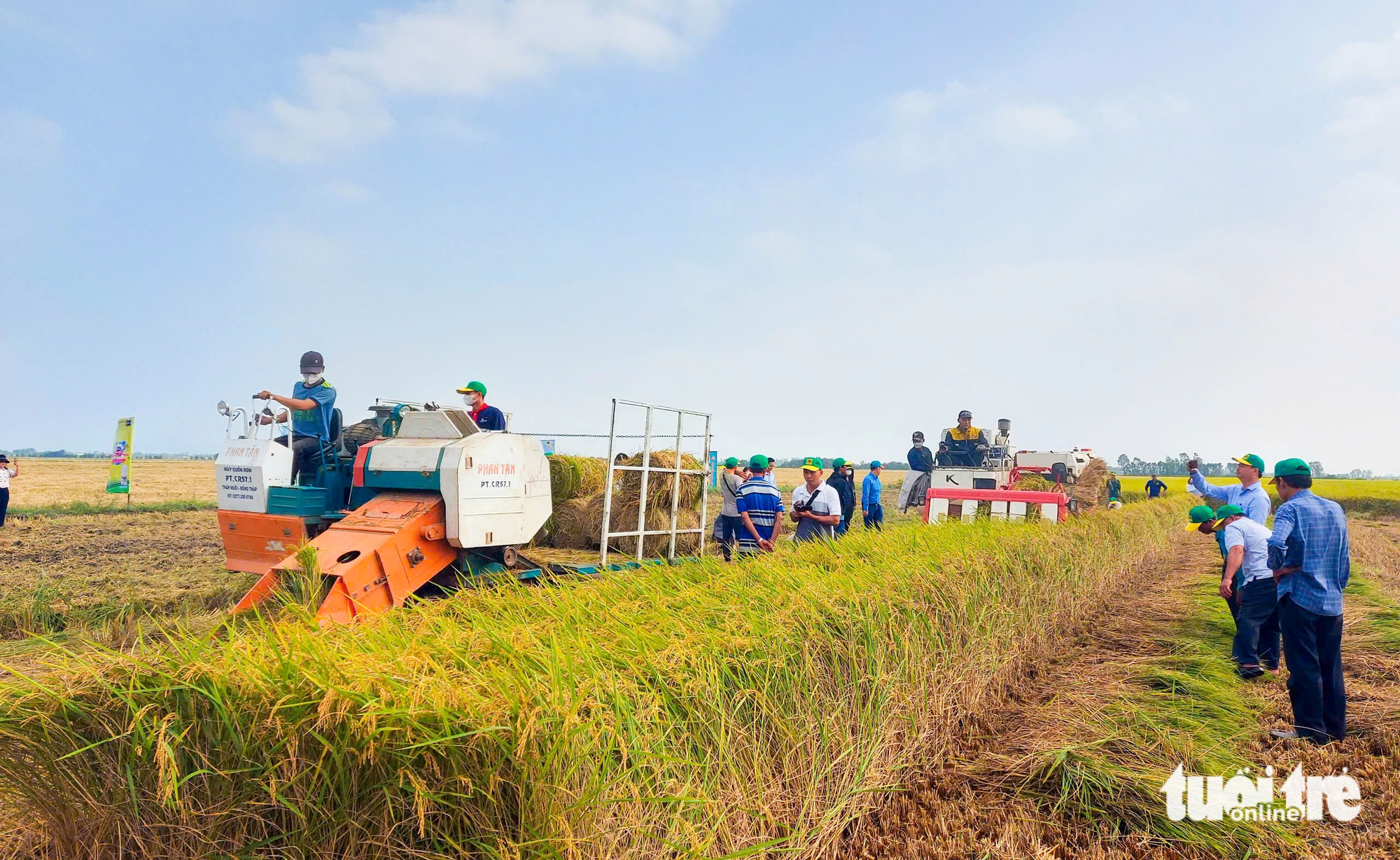
Researchers, experts and farmers visit a demonstration of mechanized rice harvesting and straw treatment in Nam Thai Son commune (Hon Dat district, Kien Giang) - Photo: CHI CONG
On March 28, in Nam Thai Son commune (Hon Dat district, Kien Giang), the National Agricultural Extension Center organized the Agricultural Extension and Agriculture Forum: "Solutions to promote low-emission rice cultivation associated with green growth in the Mekong Delta (MD)".
The event attracted many researchers, experts in the rice industry and 120 farmers from Hau Giang, Soc Trang, Kien Giang provinces and Can Tho city.
Without cooperatives, it is difficult to discuss the 1 million hectare project.
In this series of events (taking place from March 26 to 28), the National Agricultural Extension Center and related units trained local people and agricultural extension officers to participate in implementing the pilot model of the 1 million hectare rice project...
At the demonstration area of mechanized rice harvesting and straw treatment, people were particularly interested and asked the question: "What role do cooperatives play in implementing the project of 1 million hectares of high-quality rice?".
Mr. Le Thanh Tung - permanent vice president and general secretary of the Vietnam Rice Industry Association (Vietrisa) - informed that cooperatives are an important factor, the core of the 1 million hectare rice project. Without cooperatives, it would be difficult to discuss the 1 million hectare project.
Because Mr. Tung believes that the 1 million hectare project is to reorganize the production of Vietnam's rice industry in the direction of linkage, increasing profits for farmers, cooperatives, purchasing enterprises, material enterprises...
"There are still many small-scale rice growing areas in the Mekong Delta, so there is no business or machinery that goes to each farmer's household to cooperate in purchasing.
Through cooperatives, many small plots of land will be gathered into one large farm, making it easier to synchronize a closed production chain from sowing to harvesting, linking purchases, reducing risks, and increasing profits," said Mr. Tung.
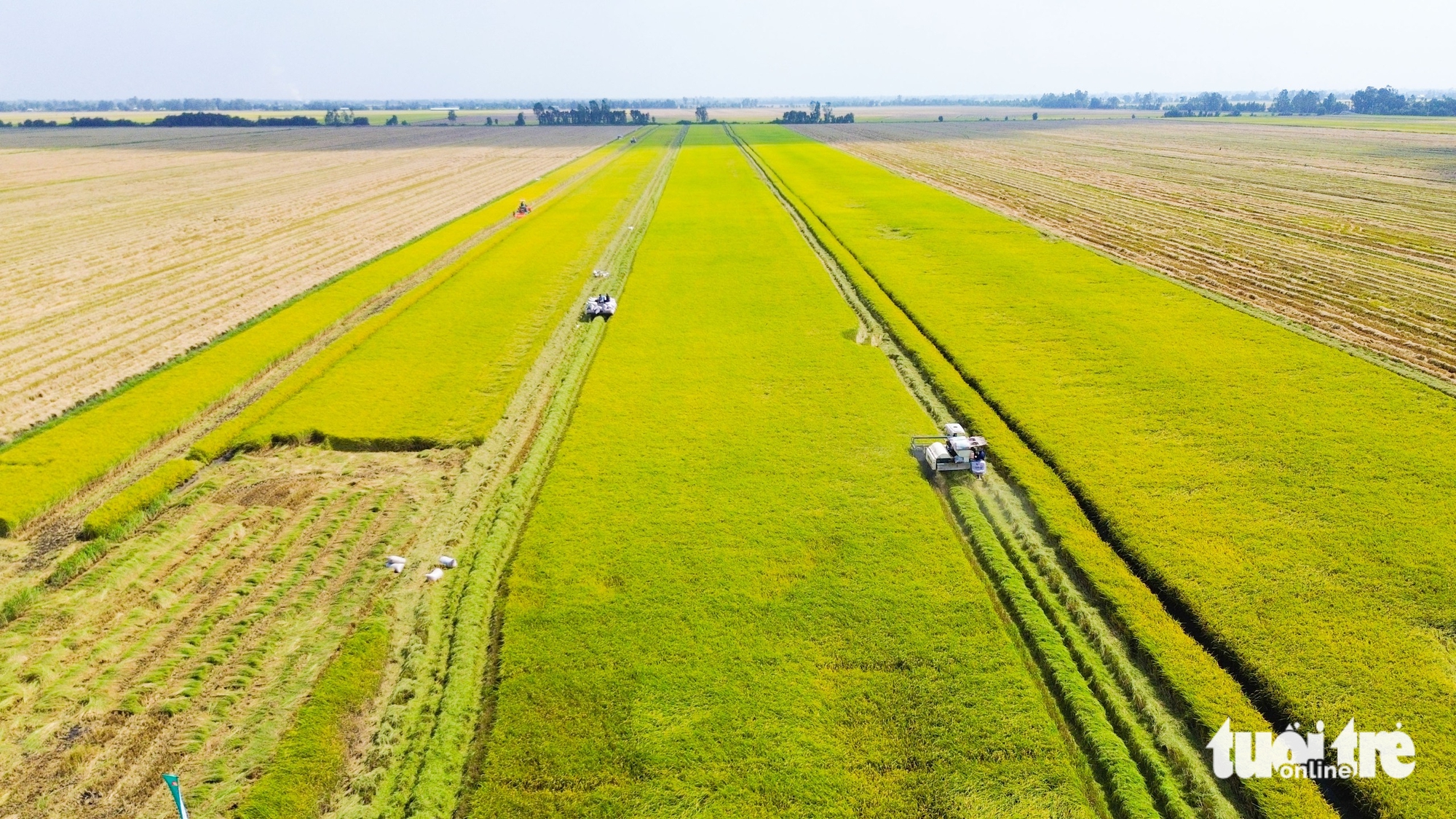
Mr. Le Tan Duc - Chairman of the Board of Directors of Vinacam Cooperative (Nam Thai Son Commune, Hon Dat District, Kien Giang) - said that the cooperative has about 50 hectares of piloting the model of 1 million hectares of high-quality rice - Photo: CHI CONG
How to handle straw and increase mutual support to successfully complete the 1 million hectare rice project?
Mr. Le Tan Duc - Chairman of the Board of Directors of Vinacam Cooperative (Nam Thai Son Commune, Hon Dat District, Kien Giang) - said that the cooperative has piloted a model of 1 million hectares of high-quality rice with an area of about 50 hectares (10 members participating).
The above model is effective and helps people reduce the amount of seeds sown (from 120kg of rice/ha to 70kg of rice/ha), manage mixed rice and weeds, limit pests and diseases, reduce pesticide costs, and achieve stable productivity of about 1 ton/ha, with a selling price about 300 VND/kg of rice higher than the market price.
"To maximize the effectiveness of the 1 million hectare rice project, we propose that relevant units show how to handle straw after harvest and dredge the canal system in the fields, making it convenient for large boats to purchase rice, limit losses, and increase profits for farmers," Mr. Duc proposed.
The National Agricultural Extension Center said that the unit currently has a community agricultural extension force that will accompany cooperatives in the Mekong Delta region to enhance capacity, support each other, and successfully complete the 1 million hectare rice project.
"The Ministry of Agriculture and Environment, research units and businesses are actively looking for the best solutions to handle straw. We also encourage people to use biological drugs to handle straw.
This method helps the fields have more useful organic sources, which is beneficial for agricultural production. Rice has more nutrients to grow, reduces production costs, and increases profits," said Mr. Le Quoc Thanh - Director of the National Agricultural Extension Center.
To successfully implement the 1 million hectare rice project, in 2025 the National Agricultural Extension Center will carry out key activities such as continuously improving the capacity of agricultural extension officers and farmers through training courses on high-quality rice cultivation techniques and emission reduction; and enhancing public-private partnership.
Thereby promoting the connection between enterprises, cooperatives and farmers to build raw material areas that meet export standards; applying greenhouse gas emission measurement technology (MRV system) to serve the issuance of carbon credits, opening up opportunities to access the international carbon credit market.
Source: https://tuoitre.vn/can-nang-cao-nang-luc-va-vai-tro-cua-hop-tac-xa-de-thuc-hien-de-an-1-trieu-ha-lua-20250328132733677.htm



![[Photo] A brief moment of rest for the rescue force of the Vietnam People's Army](https://vstatic.vietnam.vn/vietnam/resource/IMAGE/2025/4/3/a2c91fa05dc04293a4b64cfd27ed4dbe)
![[Photo] Ho Chi Minh City speeds up sidewalk repair work before April 30 holiday](https://vstatic.vietnam.vn/vietnam/resource/IMAGE/2025/4/3/17f78833a36f4ba5a9bae215703da710)
![[Photo] Prime Minister Pham Minh Chinh chairs meeting after US announces reciprocal tariffs](https://vstatic.vietnam.vn/vietnam/resource/IMAGE/2025/4/3/ee90a2786c0a45d7868de039cef4a712)
![[Photo] Prime Minister Pham Minh Chinh chairs the first meeting of the Steering Committee on Regional and International Financial Centers](https://vstatic.vietnam.vn/vietnam/resource/IMAGE/2025/4/3/47dc687989d4479d95a1dce4466edd32)
![[Photo] General Secretary To Lam receives Japanese Ambassador to Vietnam Ito Naoki](https://vstatic.vietnam.vn/vietnam/resource/IMAGE/2025/4/3/3a5d233bc09d4928ac9bfed97674be98)
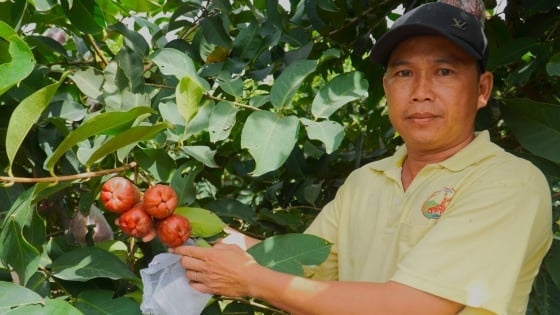

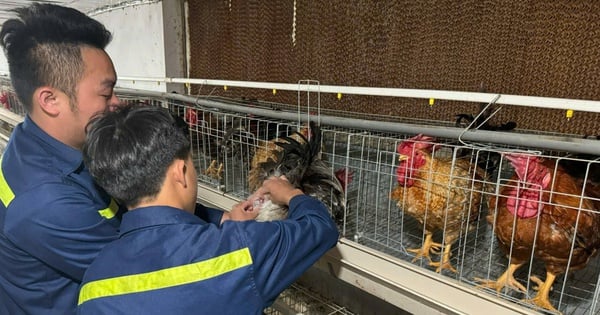

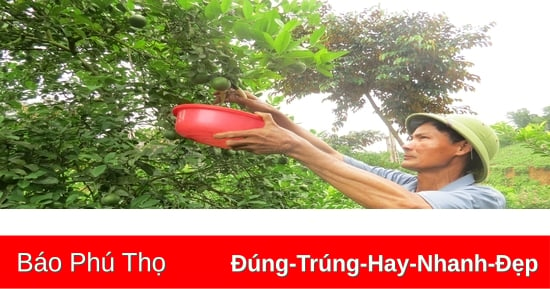

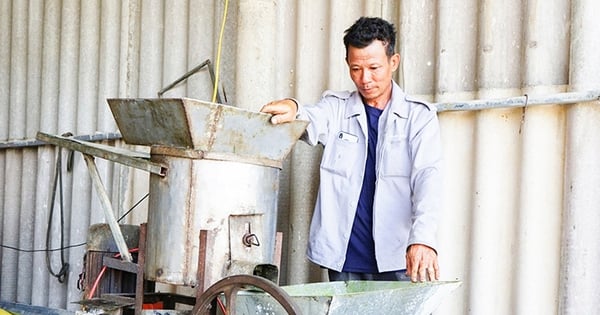
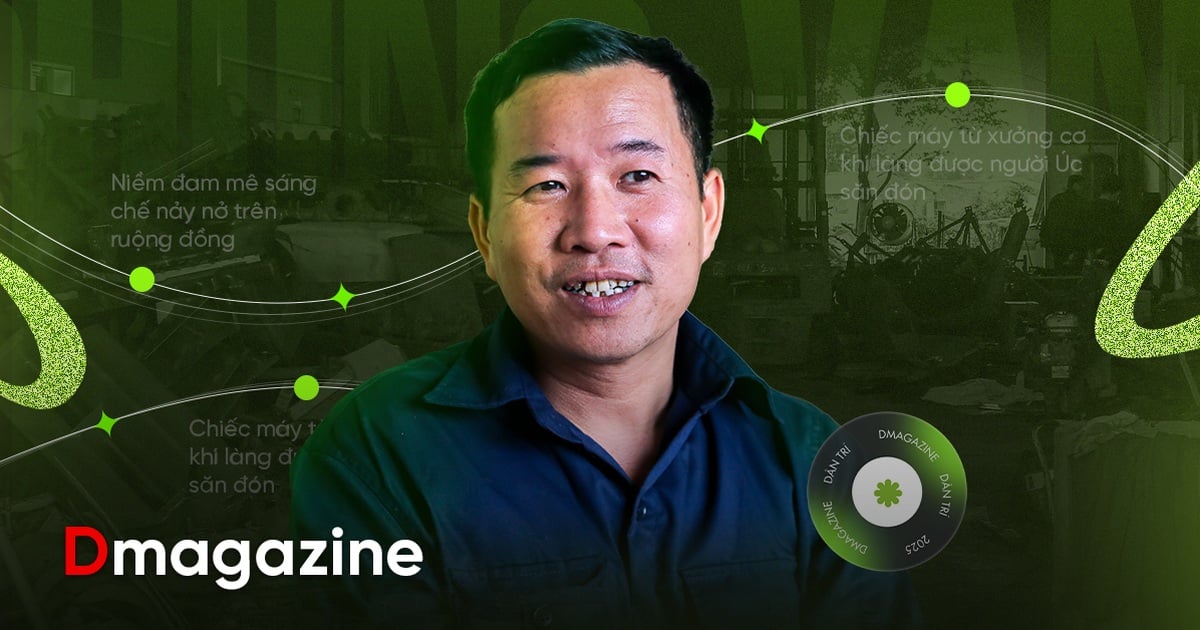

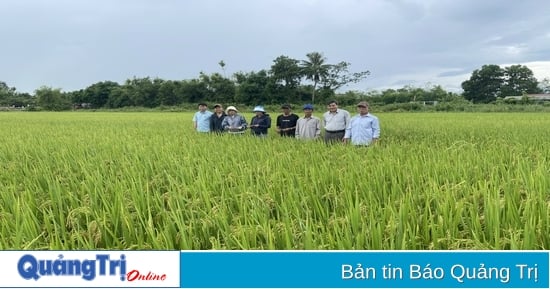

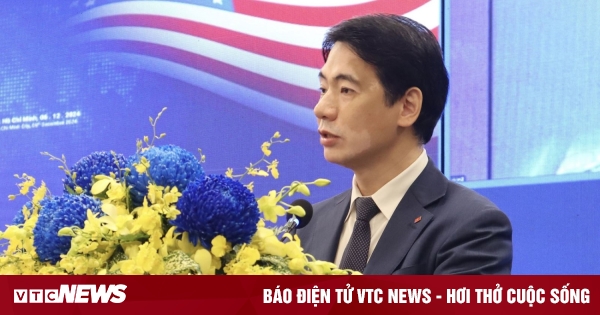
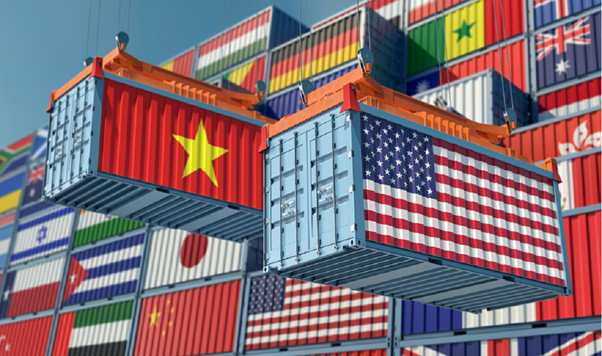
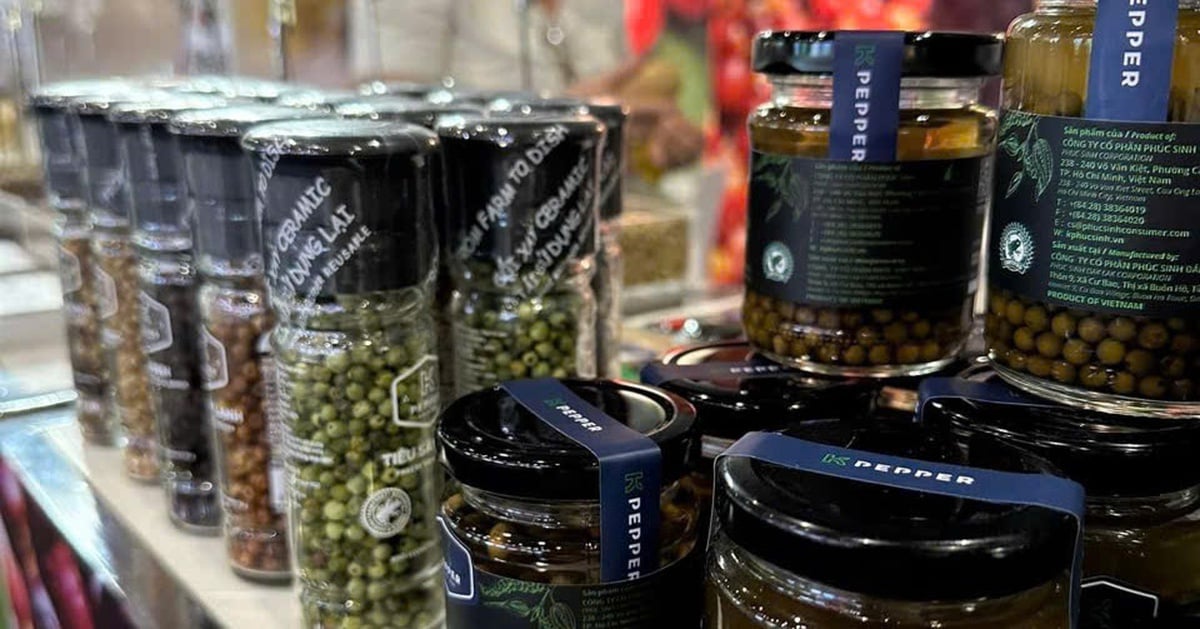
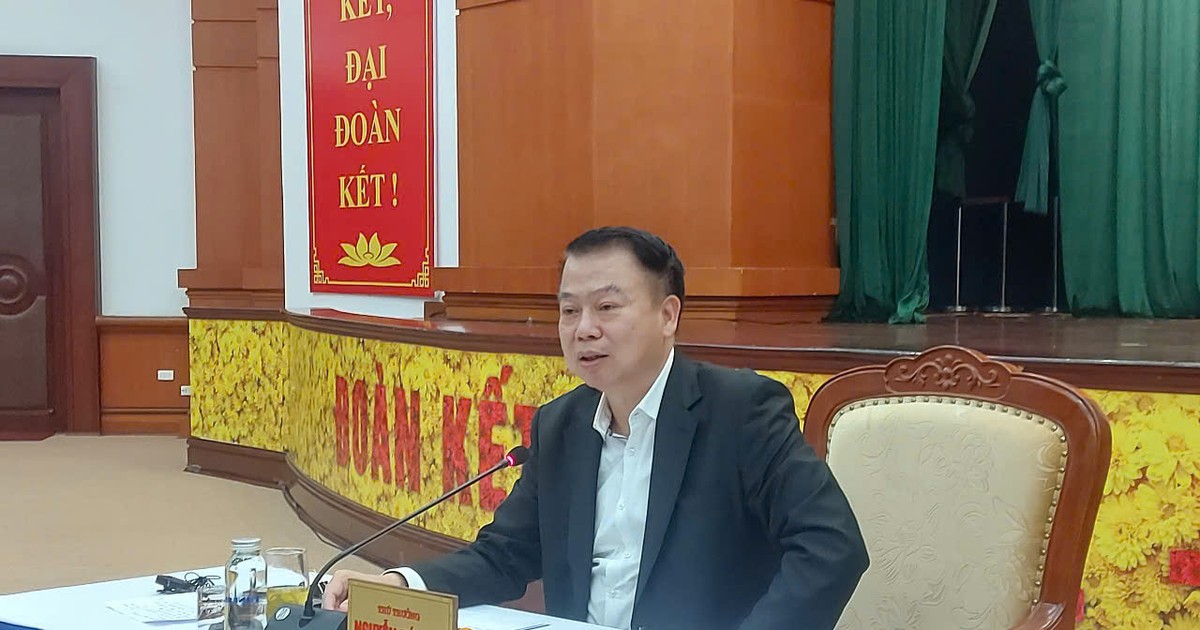
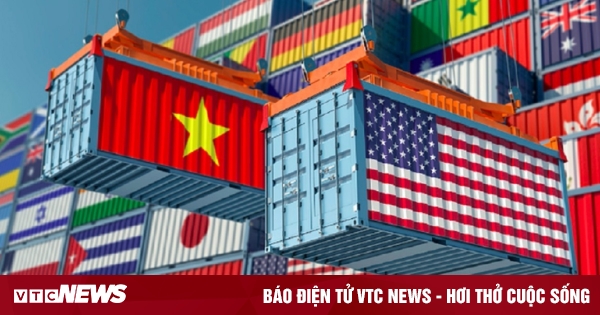
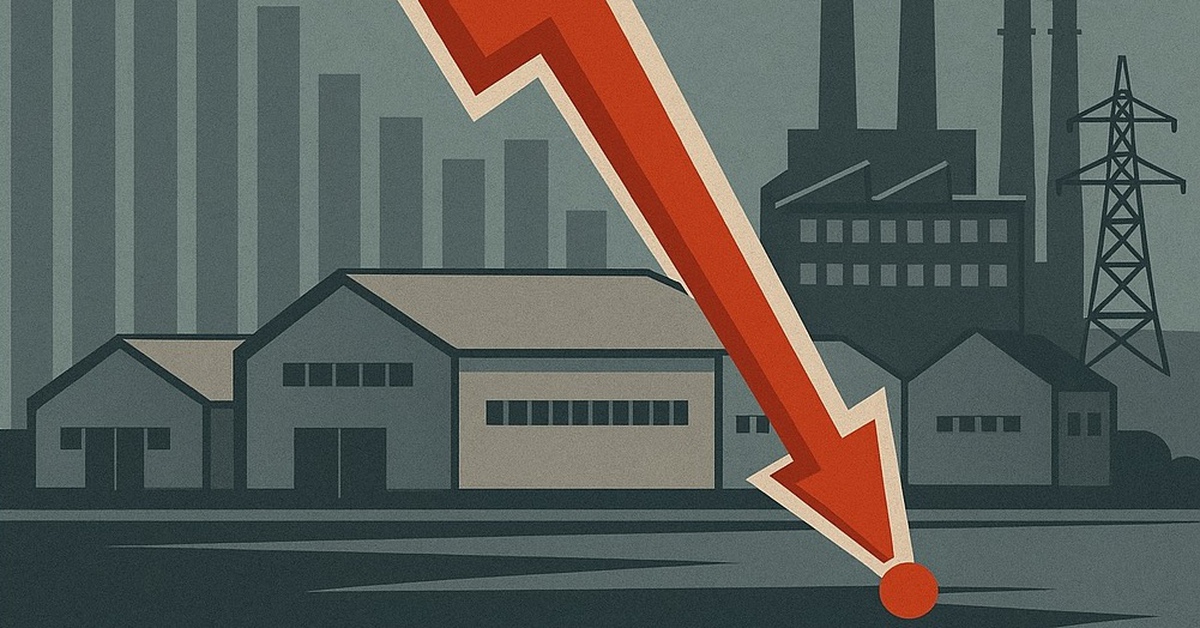




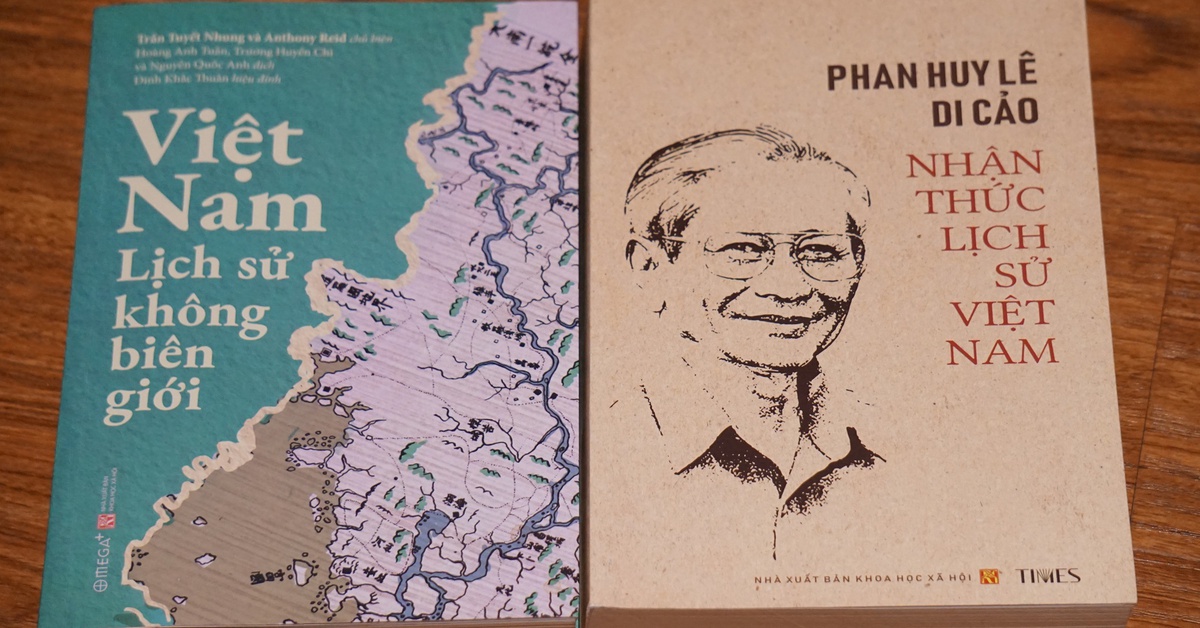



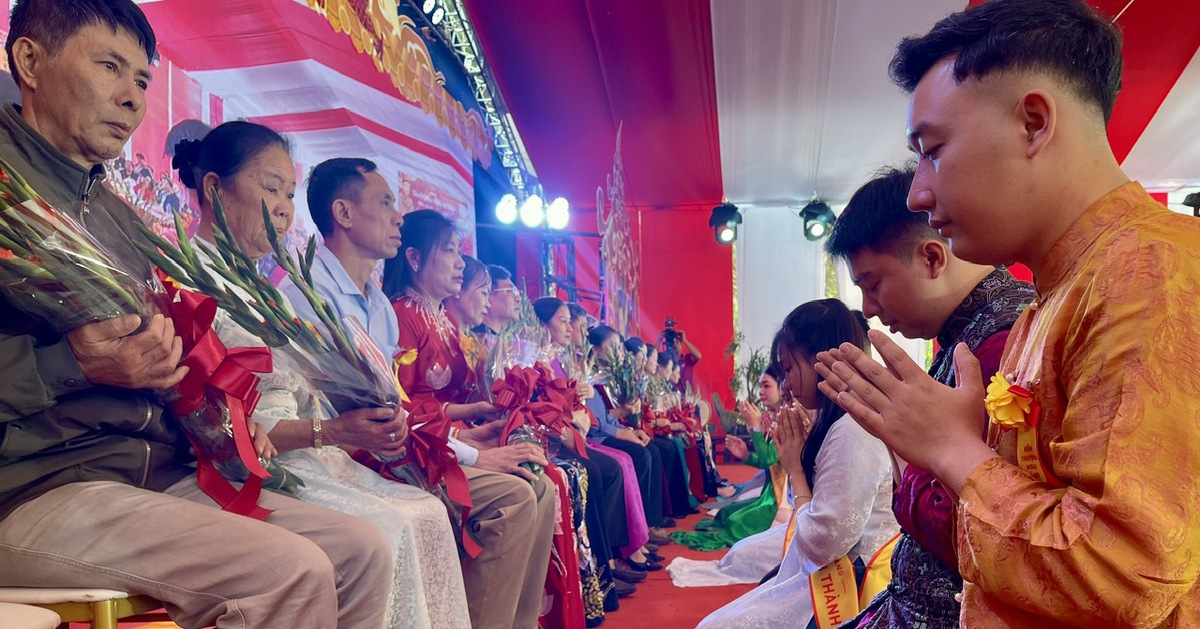




































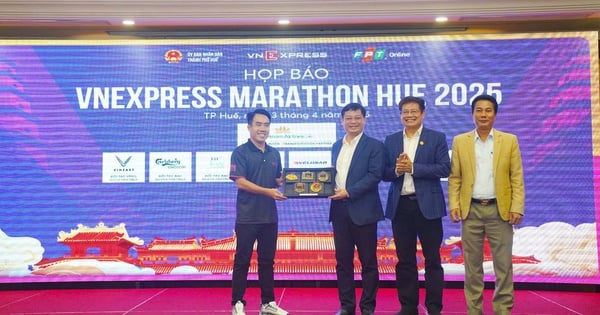






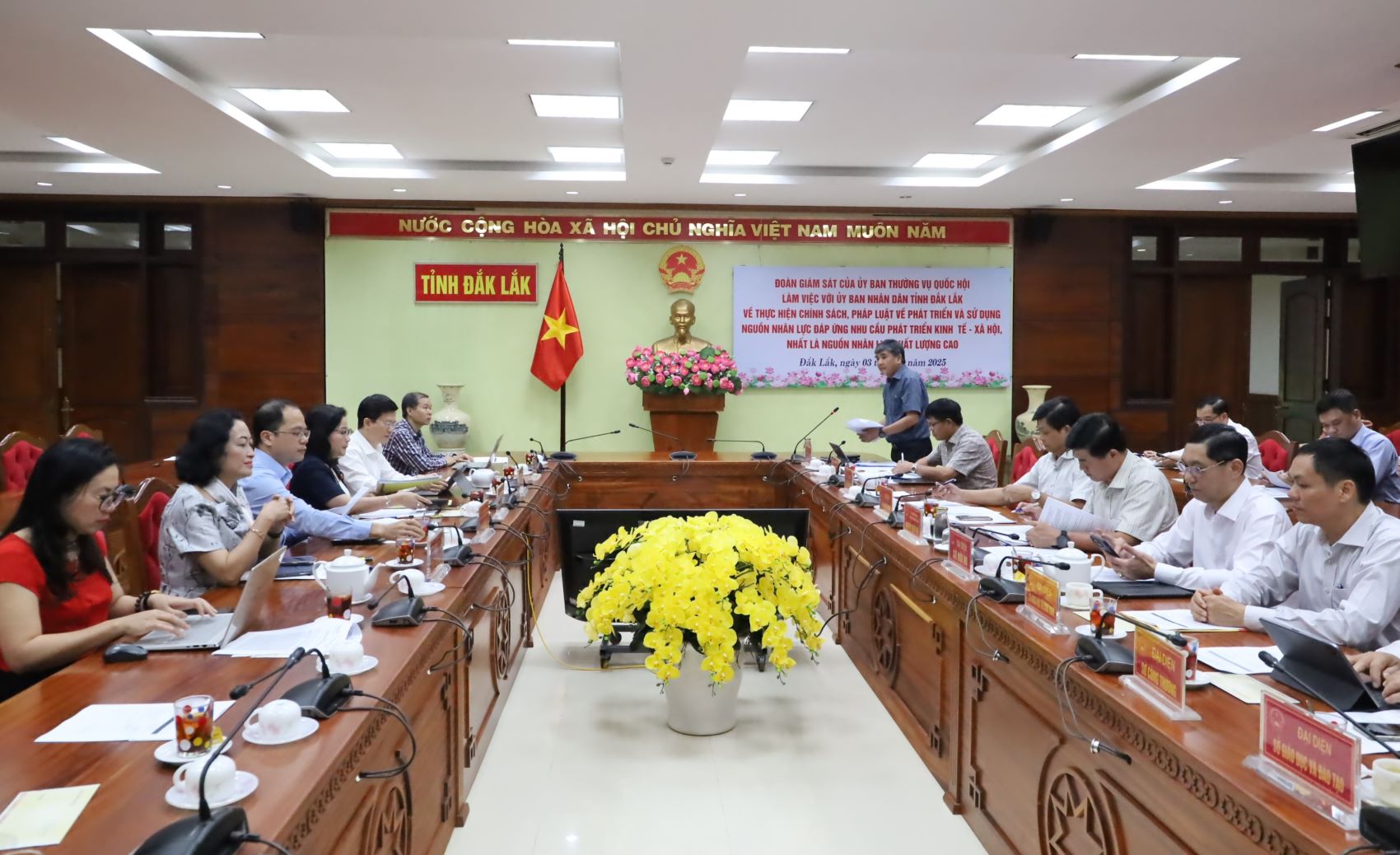
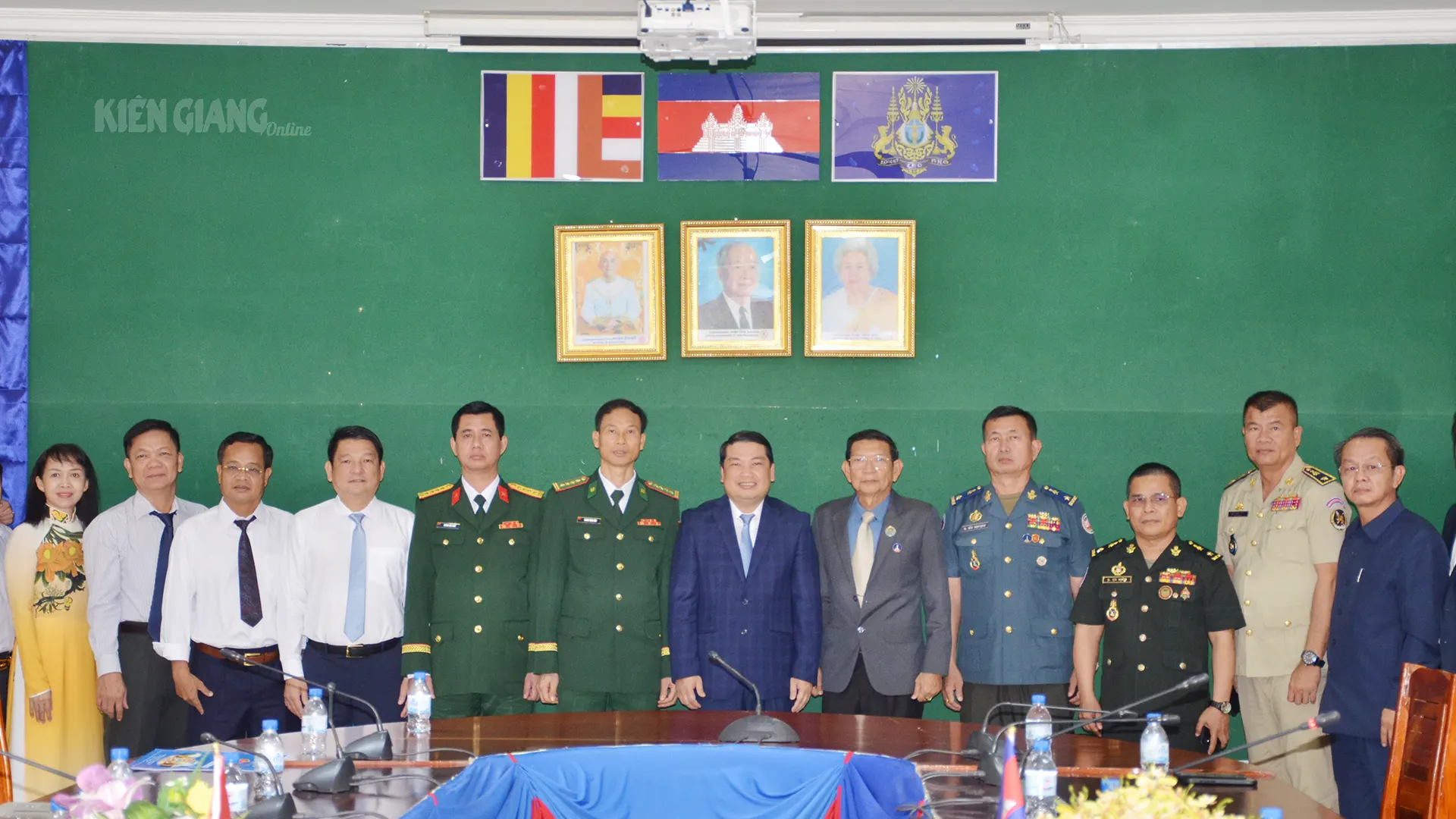
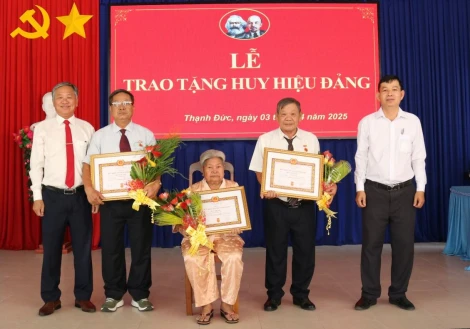
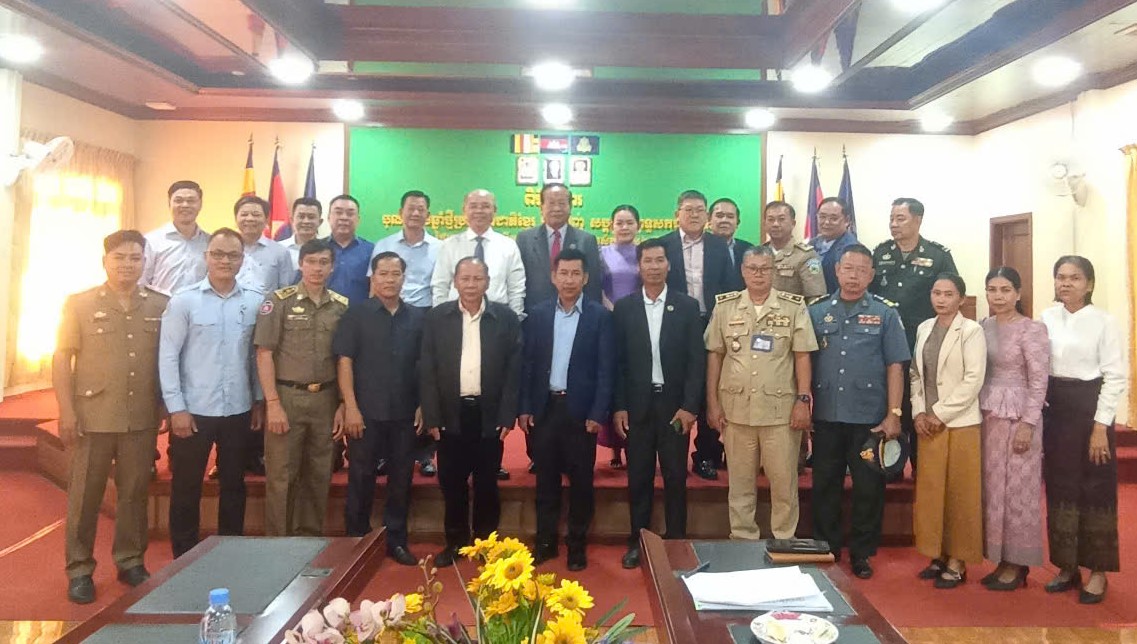
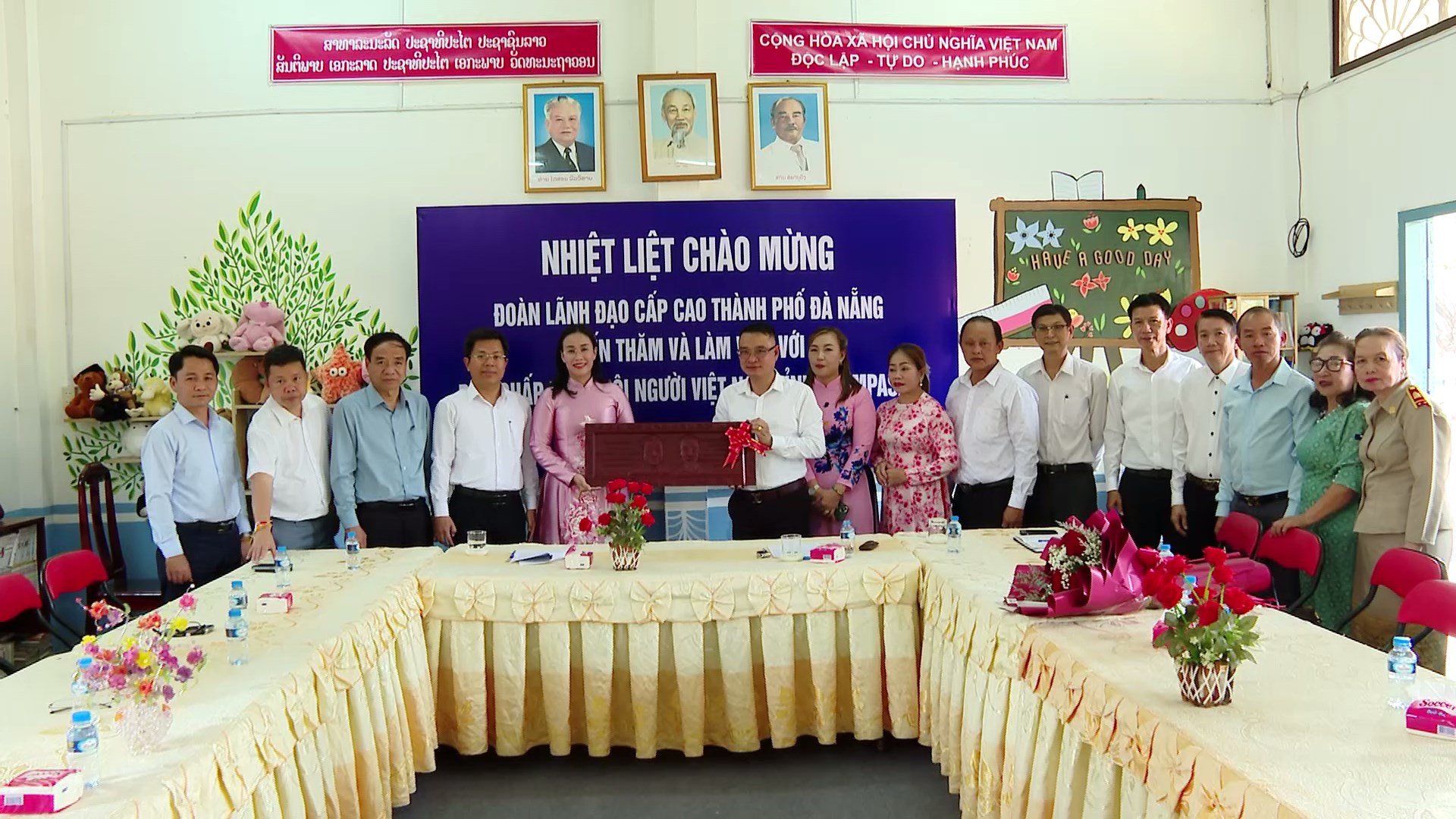











Comment (0)